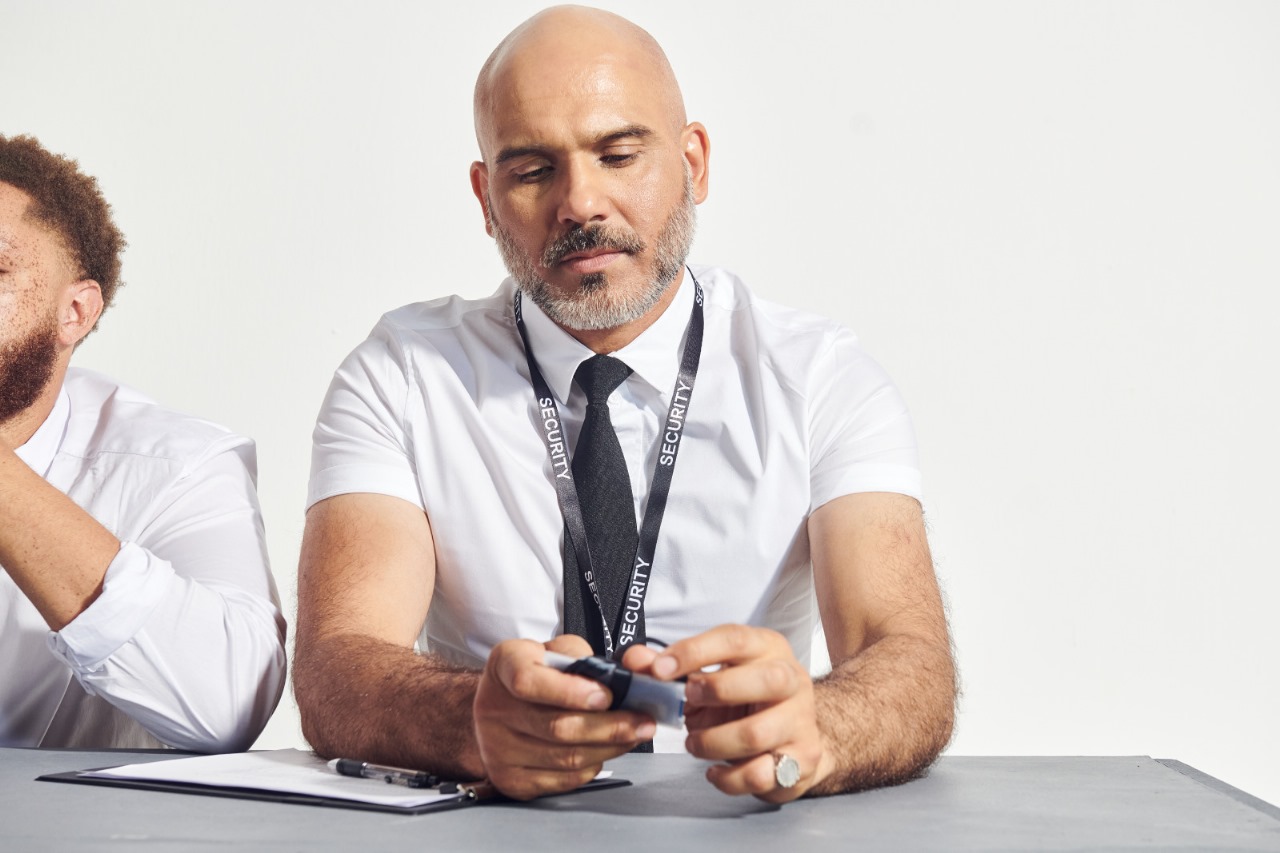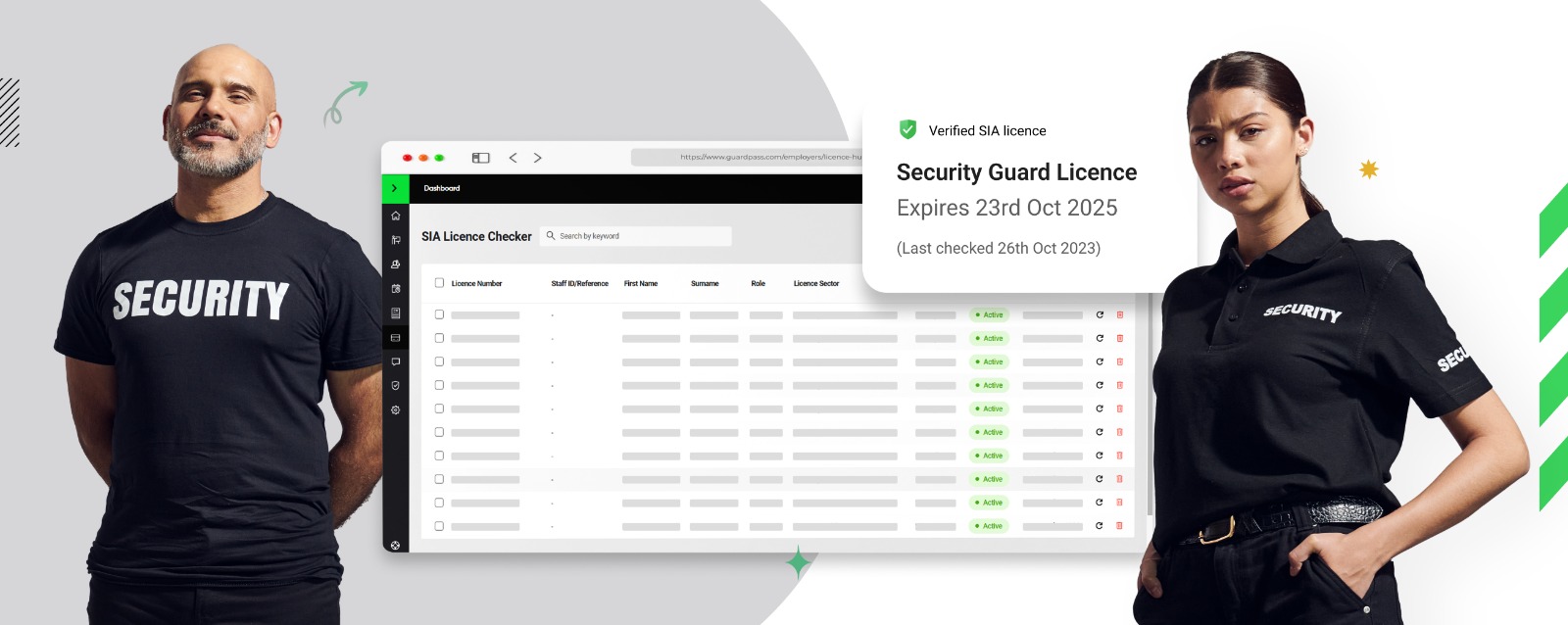40% of Security Professionals Show PTSD Symptoms: Understanding and Action
Have you noticed a change in your security team’s eyes? That usual spark of diligence seems a bit dim. Shifts end with sighs, not the usual jokes. This isn’t just tiredness; it’s burnout, and it’s silently eating away at our high-stakes world of security.
As someone leading a security team, you know the drill: long hours, high-alert situations, constant vigilance. But what happens when this starts wearing down your team? Spotting burnout isn’t just about care; it’s crucial for a top-notch security operation.
What’s Behind the Burnout?
Nearly half of security personnel face work-related stress. Unpredictable hours, high stress, confusing roles, lack of support. Picture this: It’s 2 AM, and your team’s still on duty, long past their shift’s end. It’s mentally and physically draining, like running a race with a constantly changing track.
Clarity in roles is key, especially in security. And support? It needs to be solid, reliable. Plus, the emotional weight of constant vigilance can’t be ignored. This mix – unpredictability, role confusion, insufficient support, emotional toll – it’s unique to security work. We need to face it, discuss it, and most importantly, act on it.
Spotting Burnout: Look Beyond the Obvious
Burnout isn’t always someone nodding off. It’s subtle: attitude shifts, lower performance, maybe more cynicism. That team member who used to light up the room, now withdrawn, or the one who’s suddenly struggling with tasks they used to ace. Mood swings, increased sick days – these aren’t just off days; they’re warning signs.
Burnout affects the whole team, not just one person. Recognizing these signs early is key – it’s about saying, “We’ve got your back.”
Tackling Burnout: Strategies That Work

Leaders, it’s your turn to step up. Leadership is more than tasks; it’s about creating a culture. What if saying “I’m not okay” was as normal as weekend plans? That’s our goal.
Start with real check-ins, where team members can speak freely. Clear communication is crucial – everyone should know what’s expected of them. Stress management training? Think of it as a mental toolbox. And let’s embed mental health awareness into our operations, like safety drills. Regular sessions, accessible counselling – these should be the norm.
Our commitment: Mental wellbeing in our teams is a must-have. Just as we wouldn’t send someone out without proper gear, we won’t neglect mental wellbeing.
Conclusion: Turning Words into Action
It’s time to move from discussion to action. Burnout is not a weakness; it’s a call for change. Let’s keep those mental health conversations open, support each other, and take action.
Spotlight on GuardPass: It’s more than a tool; it’s a commitment to holistic security team management, with mental wellbeing at its heart. GuardPass supports our vast pool of 140,000 SIA licensed professionals, ensuring they’re not just well-equipped, but also well-supported.
With GuardPass, we’re ready to set a new standard in the security industry. Together, we can make this change.
Master Mental Wellbeing in Your Security Teams with GuardPass.



